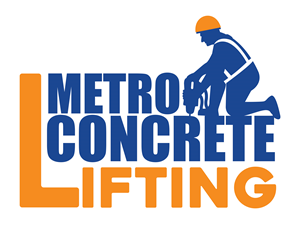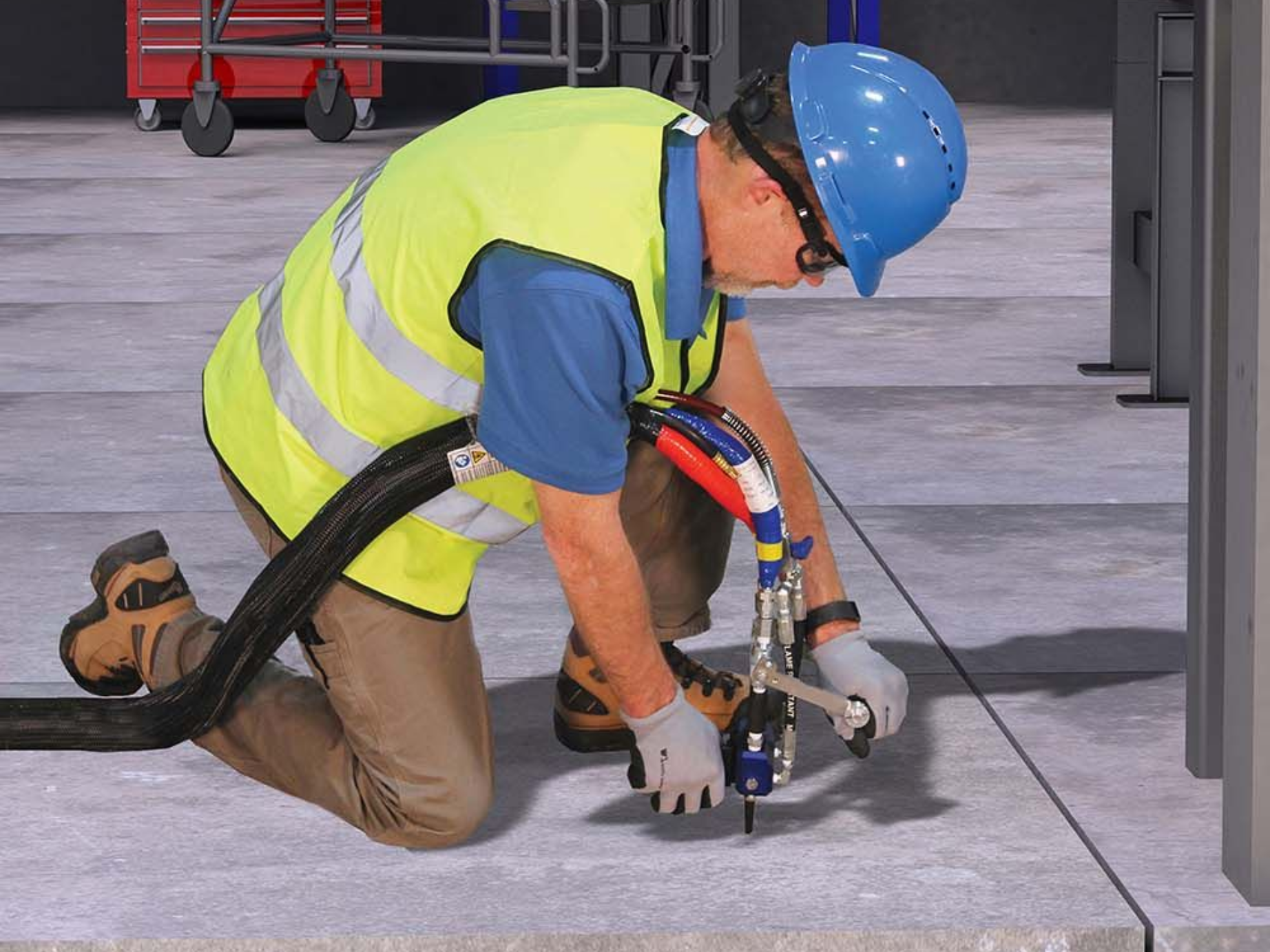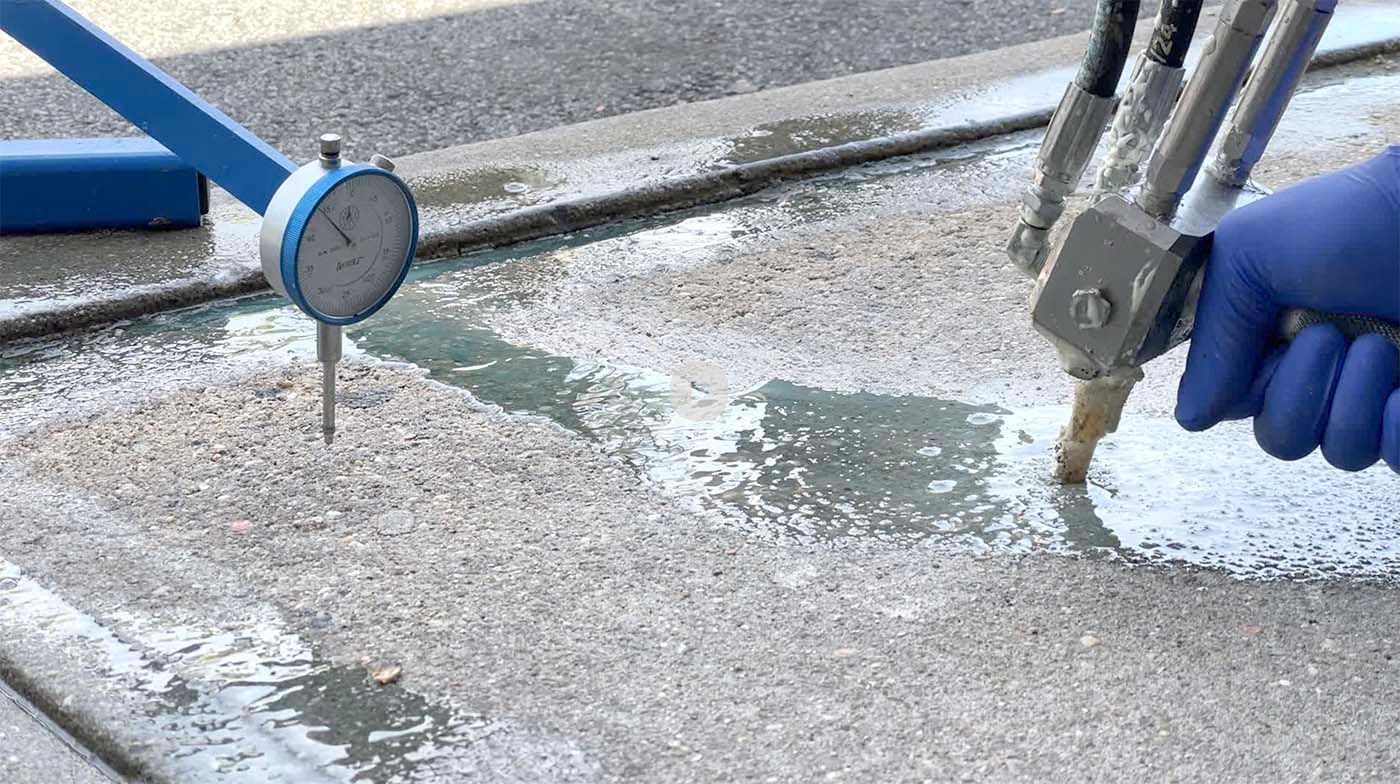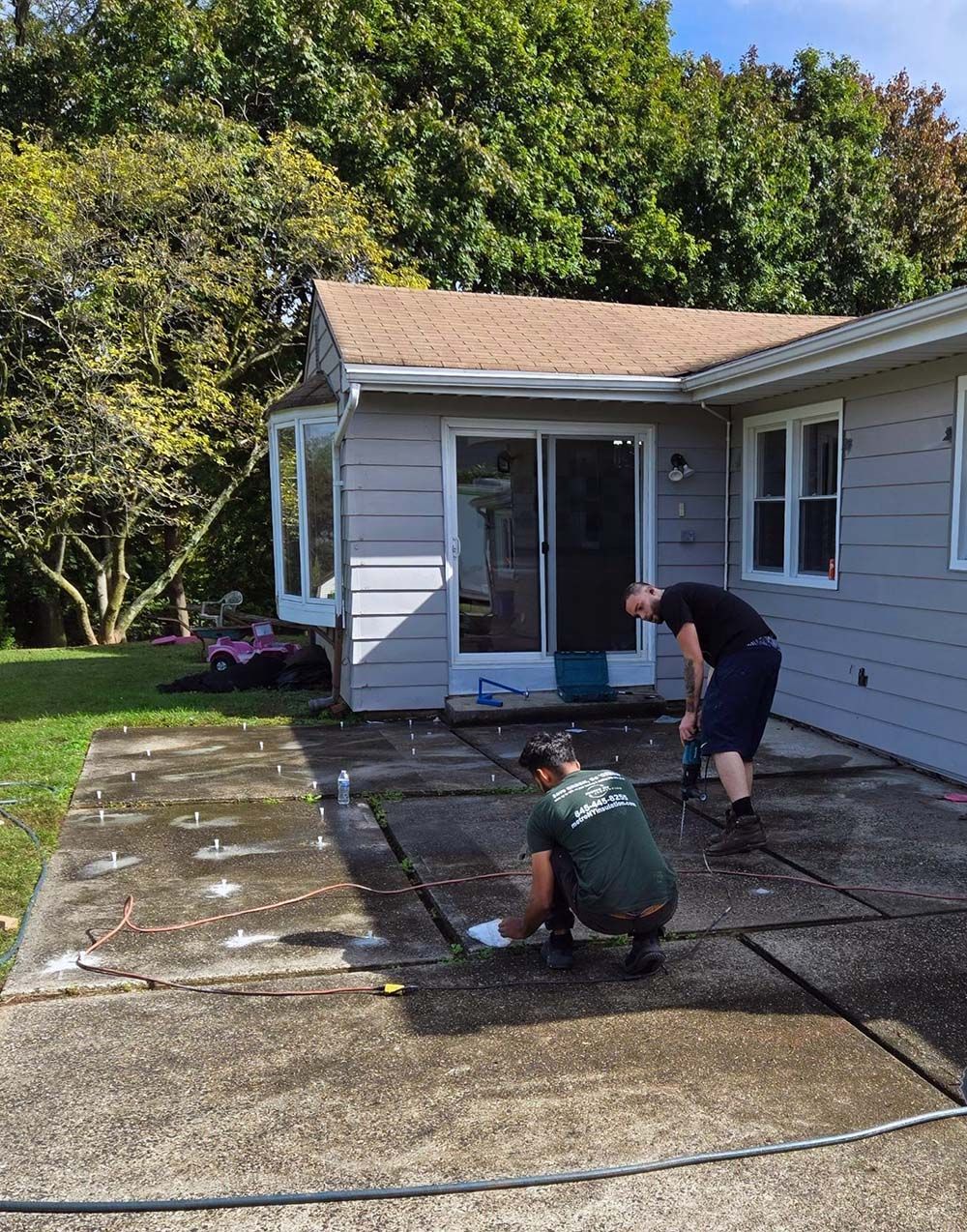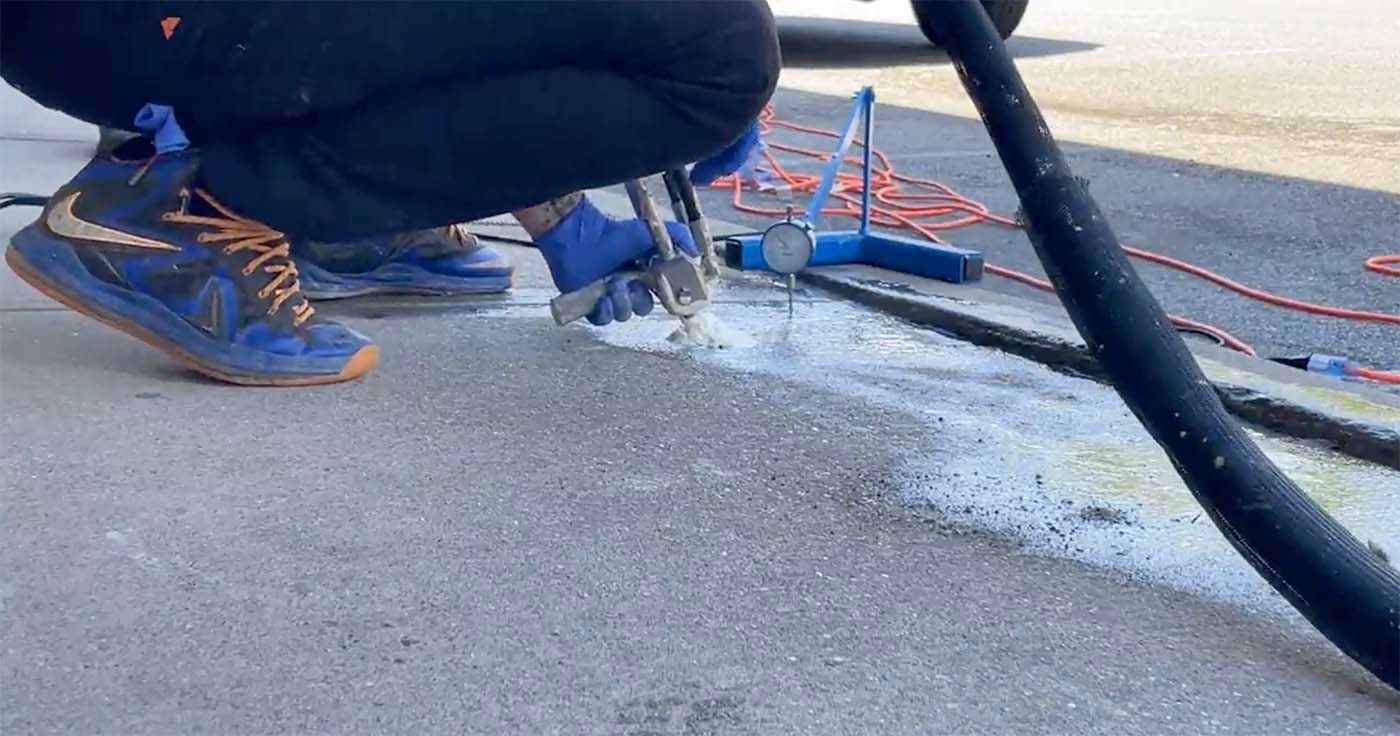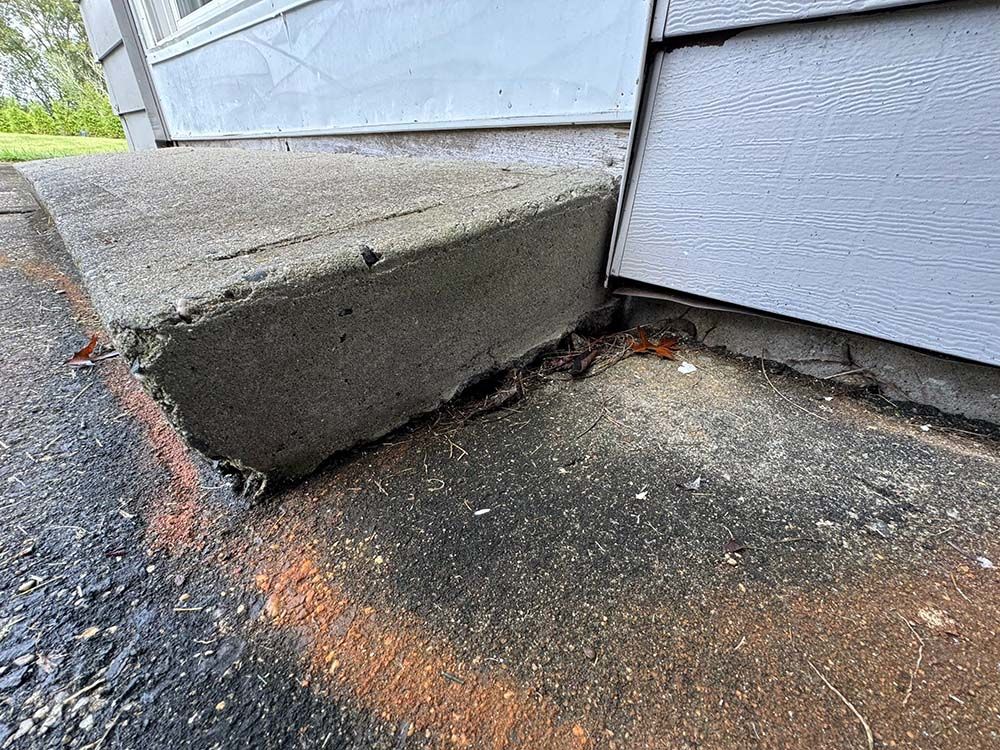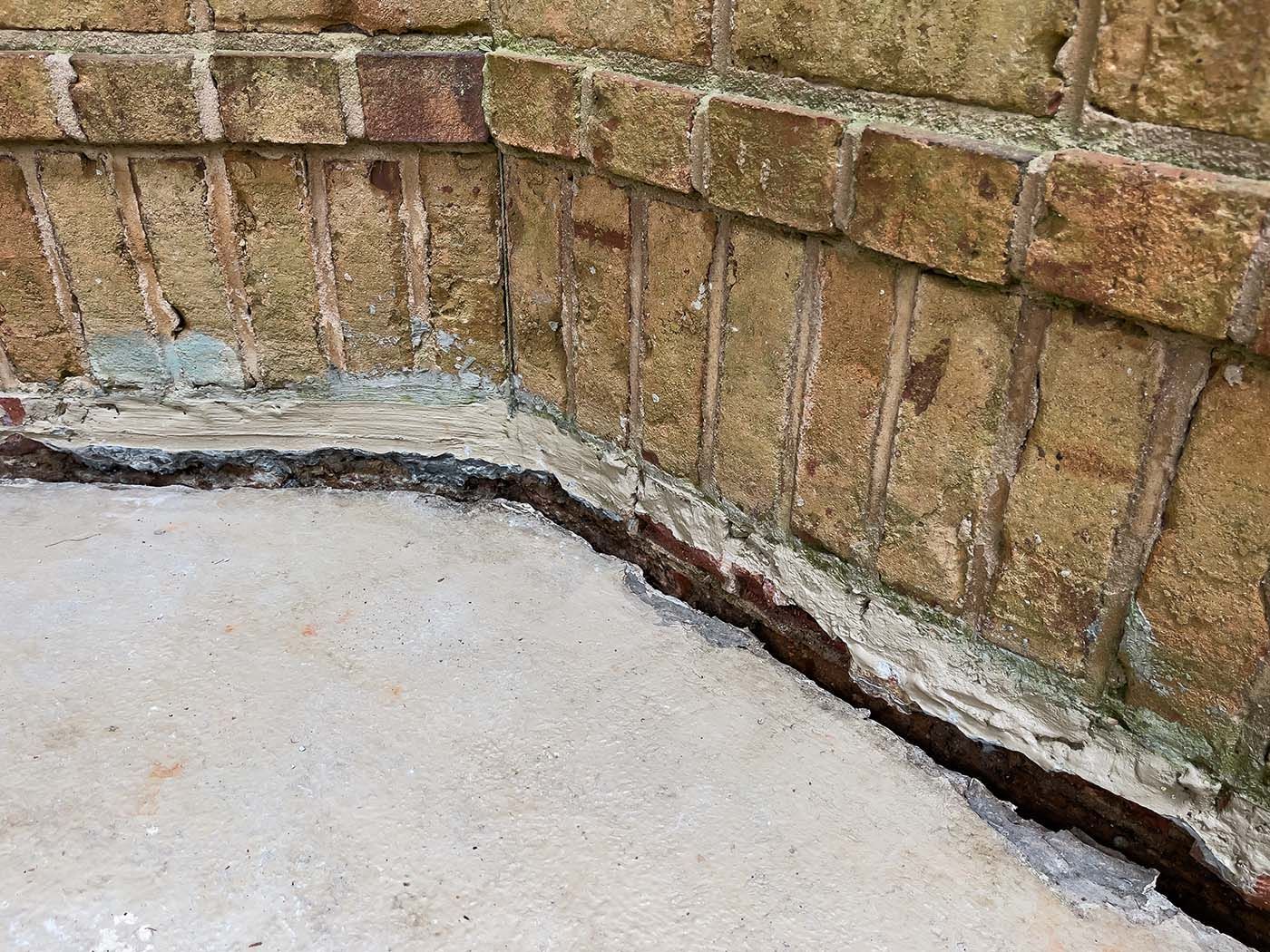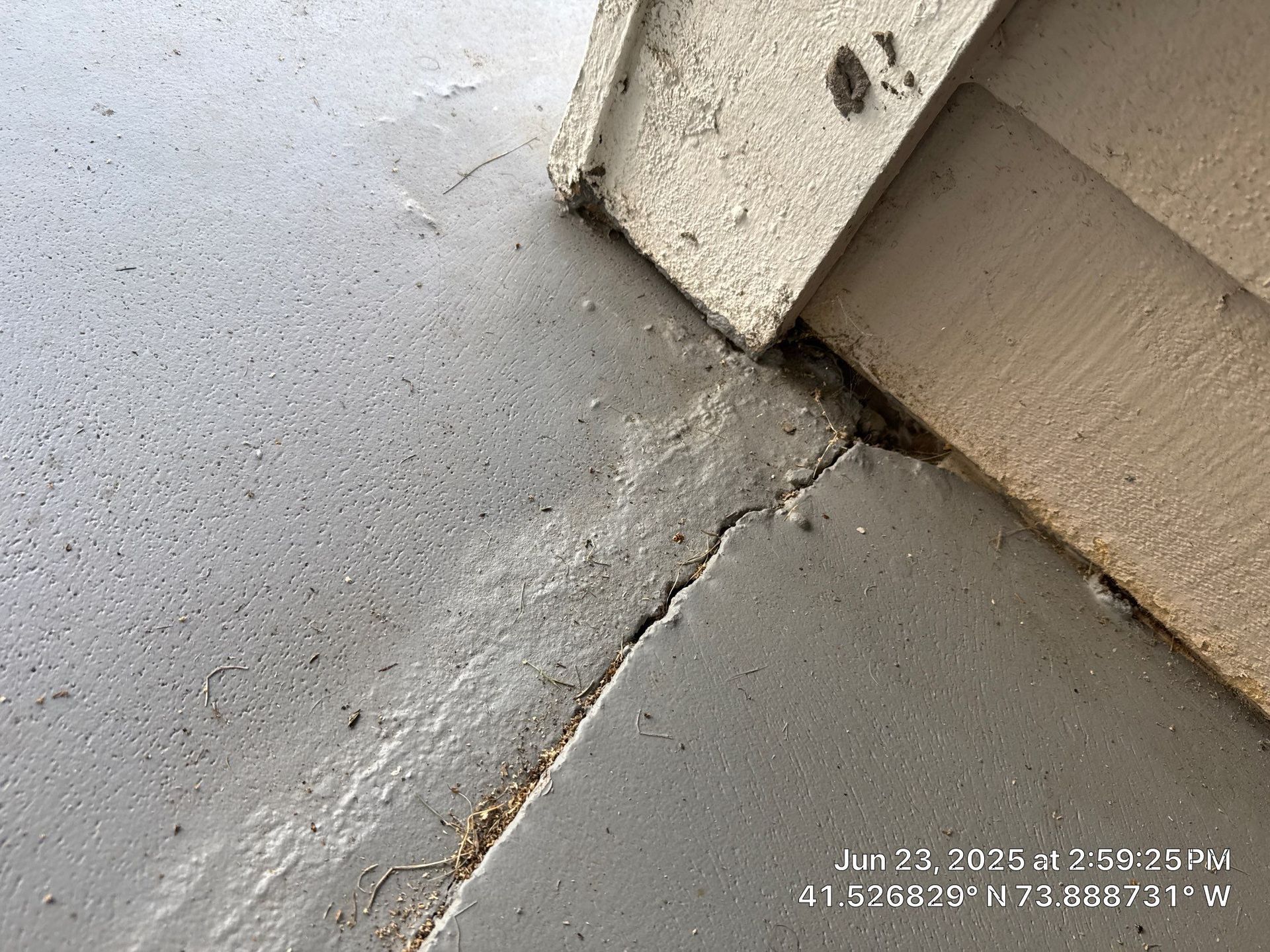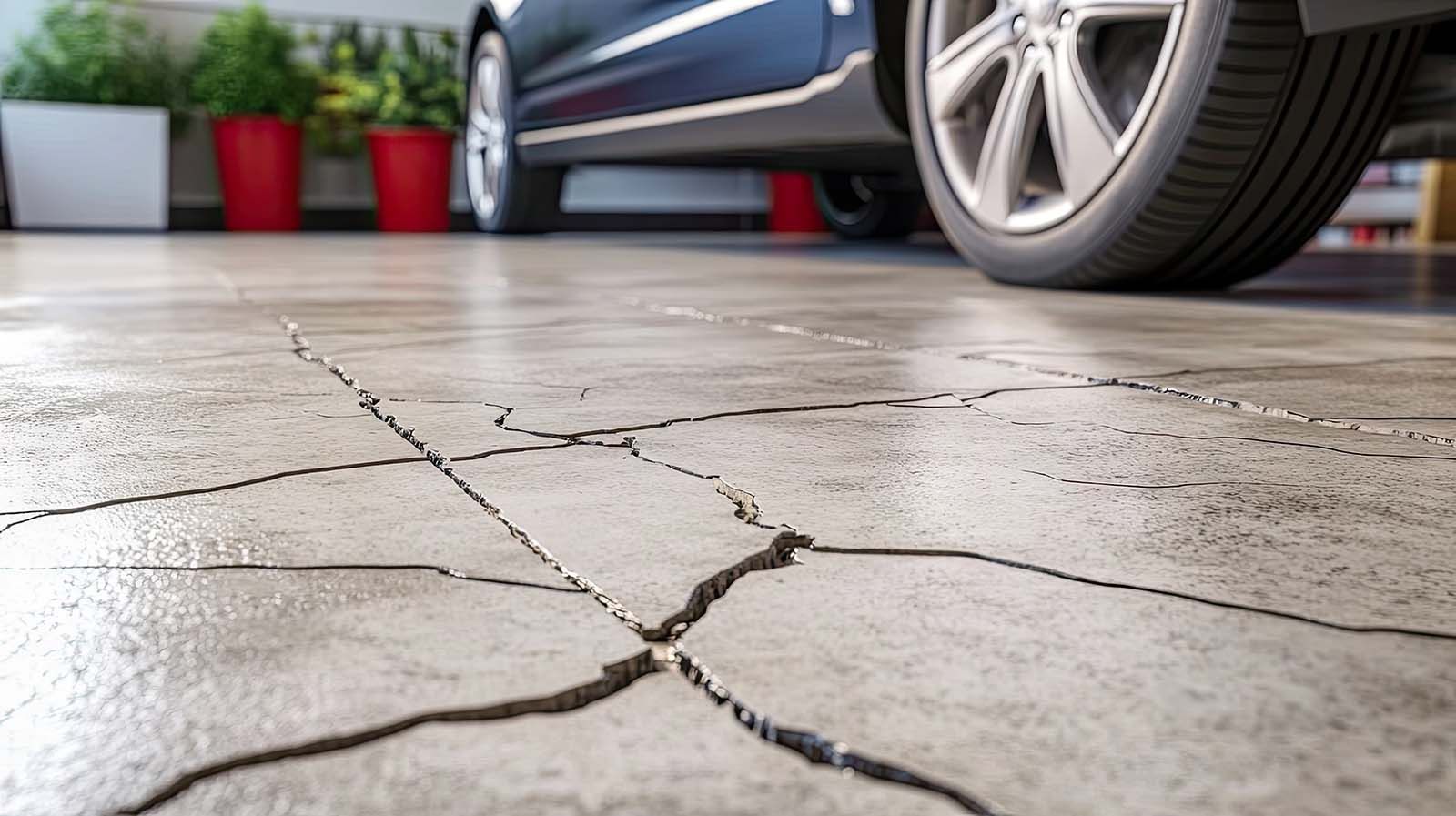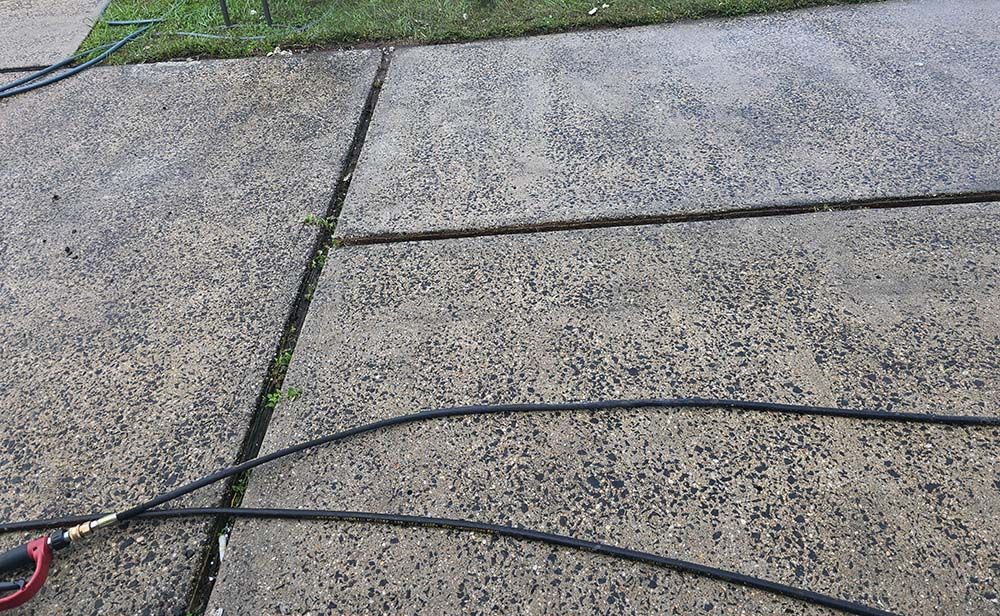How Polyurethane Foam Stabilizes Soil
Request A Free EstimateThe Hidden Power Behind Concrete Lifting That Keeps
Surfaces Safe for the Long Haul
If you’ve noticed concrete sinking around your home or business—your driveway sloping, your sidewalk cracking, or your garage floor settling—you’re not just dealing with surface-level issues. What’s really happening is shifting, unstable soil beneath the slab. And that’s exactly where polyurethane foam lifting comes in to save the day.
At Metro Concrete Lifting, we don’t just lift concrete. We stabilize what’s underneath it. And we do it across New Jersey, Westchester, and the Lower Hudson Valley with precision, speed, and care.
Let’s talk about how polyurethane foam works below the surface—and why it’s one of the smartest ways to protect your property.
The Root of the Problem: Unstable Soil
Soil naturally shifts over time due to:
- Poor compaction during construction
- Erosion from rainwater and drainage issues
- Freeze-thaw cycles common in the Northeast
- Organic material in the soil breaking down
When the soil beneath your concrete moves or settles unevenly, it creates voids—empty pockets of space with nothing supporting the slab above. That’s when cracks, dips, and trip hazards begin to form.
How Polyurethane Foam Fixes It
We inject a high-density polyurethane foam deep into those voids beneath the concrete. As it expands, it does two things at once:
- Fills the empty space and lifts the slab back to level
- Binds loose soil particles together and compacts weak areas
This creates a stable, reinforced base that resists future movement and supports the weight of vehicles, foot traffic, and even heavy equipment.
Foam Does What Other Methods Can’t:
- Won’t wash away or erode
- Lightweight (so it doesn’t add stress to the soil)
- Expands evenly for full contact
- Water-resistant—helps prevent future soil breakdown
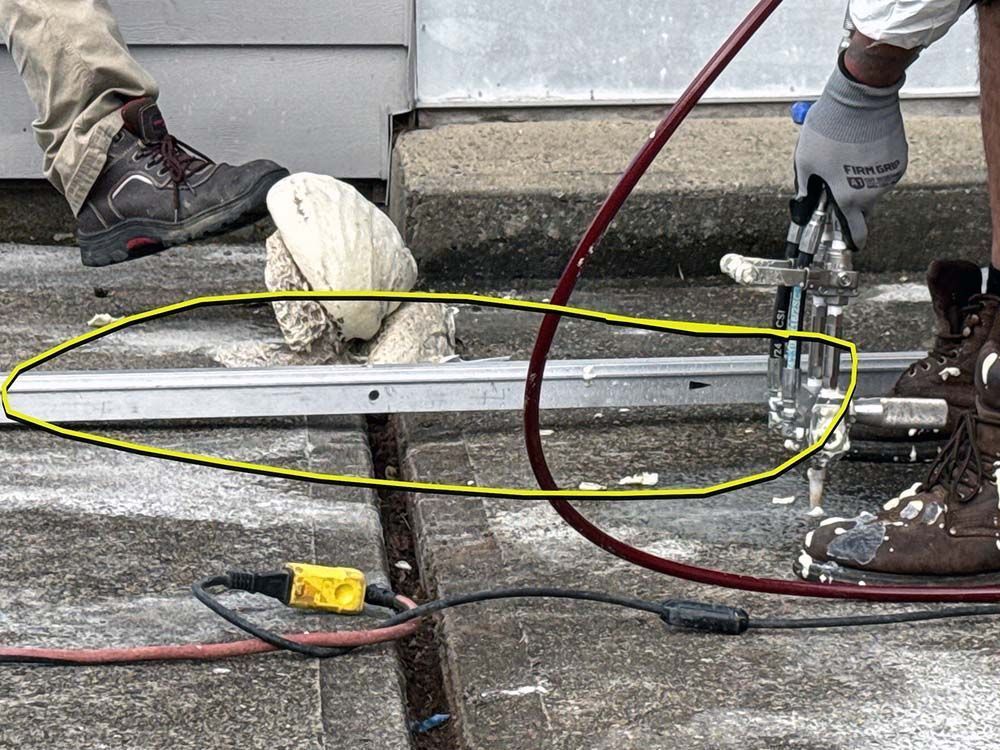
Where Soil Stabilization Helps Most
We use polyurethane foam lifting for a wide range of residential and commercial needs, including:
- Driveways: Foam injection helps prevent tire ruts and uneven settlement—while keeping your driveway level for years to come.
- Sidewalks & Walkways: Trip hazards form when soil shifts under concrete paths. Foam stabilizes the base and keeps your walkways safe.
- Garage & Basement Floors: Settlement here can lead to moisture intrusion, cracked walls, and foundation concerns. Foam restores stability without major demo.
- Commercial Parking Lots & Loading Docks: Heavy loads require strong support. Foam strengthens the base underneath your concrete to avoid future sagging or cracking.
Local Knowledge Makes a Difference
We’ve worked on hundreds of homes and properties throughout New Jersey, Westchester, and the Lower Hudson Valley, so we know the unique soil challenges in our region. From clay-heavy soils in Bergen County to rocky ground in Putnam, our team tailors every project to fit what’s really happening beneath your feet.
Don’t Wait for a Bigger Problem
The longer unstable soil is left untreated, the worse the damage becomes. And once water starts getting under the slab, things can spiral fast.
With polyurethane foam lifting, we fix the issue at the root—no tearing out concrete, no big mess, and no waiting days to use your space again.
Let’s Make Your Concrete Safer and Stronger
If you’re worried about sinking slabs or suspect the ground beneath your concrete isn’t holding up, we’d love to take a look. Contact our top rated team today for an estimate at your home or business. Call (845) 445-8255
